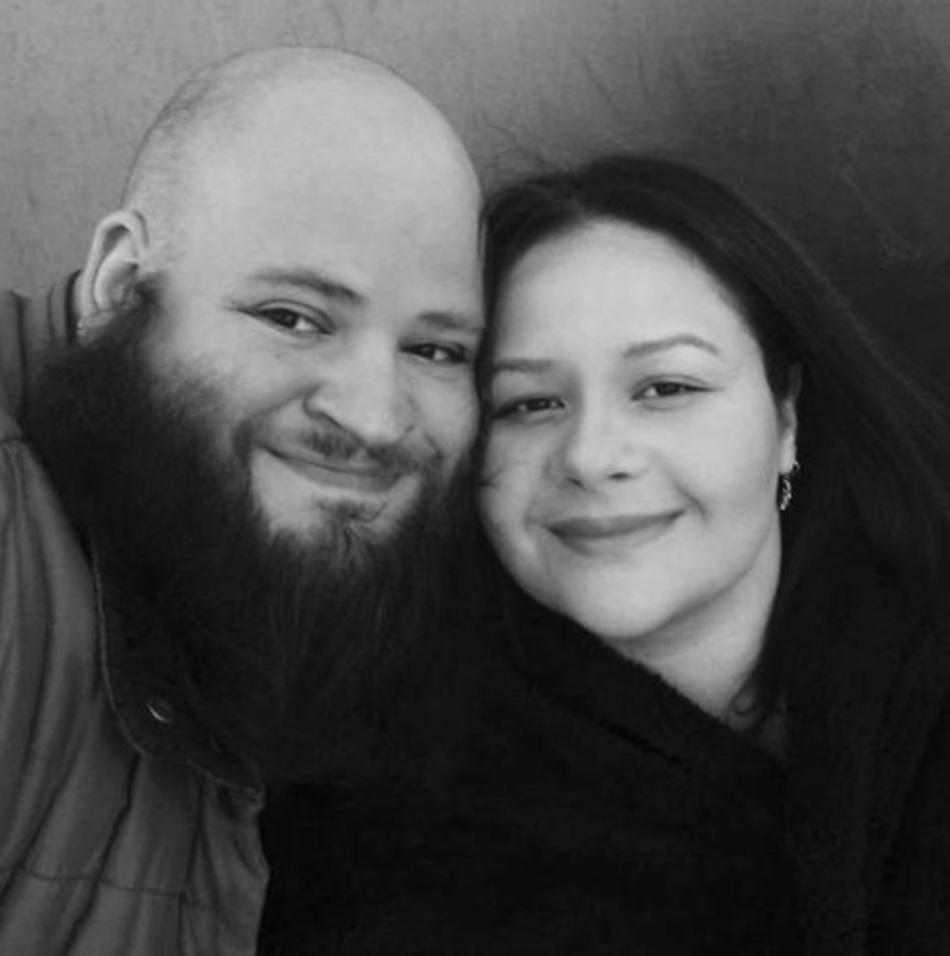Many people are surprised that my husband is not disabled. There is still a lot of stigma that causes people to believe people with disabilities only date other disabled people. I am often asked how I ended up with a typically functioning person. The simplest answer is God. However, I know many of you are looking for a more concrete, practical answer. What did I do? What did I say? I often get these types of questions from women with disabilities who are longing for the companionship I have been blessed with. There are a few things I think many people with disabilities are doing wrong when it comes to finding a partner. Surprisingly to some people, a lot of people with disabilities don’t want to date someone with a disability. Particularly for people who have more severe limitations, like myself, we want to be with someone who compliments our abilities, someone who can help take care of us. While we say we want these things, our actions often say otherwise. If the only community events we are going to are those specifically geared towards people with disabilities, then it is very unlikely that we will find a typically functioning partner. If every time we go out, it is with our parents, it will become difficult for a typically functioning person to comfortably approach us. Most importantly, if we are focused constantly on what we believe we're lacking, our disability, and anything we view as an imperfection, so will any potential partners.

My advice? You must come out of yourself. You must take reasonable risks. You must gain confidence and struggle to be as independent as possible. If you are not feeling a little scared about your life because you are doing things on your own, I'd say you are not really ready for the type of relationship you so desire. You may be asking how. How do I go out on my own if I need help? I need my parents to help me travel. These are legitimate questions and concerns. I am fully dependent on others to help me with everything physical, from opening doors to pushing elevator buttons. One of the most important lessons I have learned is that I need to redefine the idea of independence. I don't want to be independent in the strictest sense of the word. I want to be interdependent. My independence comes into play when I get to choose the people I'm interdependent with.

What I'm trying to say is that I recognize you need help. I recognize you may not be able to do things completely on your own. I'm strongly suggesting that you choose who you depend on. Maybe you go out with a home attendant, or a friend who can help you instead. I promise this makes a big difference in your approach-ability.
Going back to the types of events we participate in, it is important to stretch yourself. You need to go to public spaces and not just on the days when they have an inclusion activity. Go bowling. Go out to a diner, a bar, the library. It doesn't matter where, as long as there are a mix of abilities in the room. I believe we all need to have time spent within a community who truly understands us, and this includes spending time with other disabled friends. However, if every time we go out to one of these mixed ability events or locations, we are trailed by a group of other people with disabilities, typically functioning people are less likely to view us as approachable, particularly for dating purposes.
I'm not saying this is right, but this isn’t about right or wrong. I'm simply sharing what I've observed and sharing the knowledge I've used to navigate our world. Simply put, we need to leave our parents at home and set ourselves up for dating success by practicing independence through choosing the people we're interdependent on. Also, we need to broaden our network by engaging in mixed ability activities and getting out of our comfort zones.

